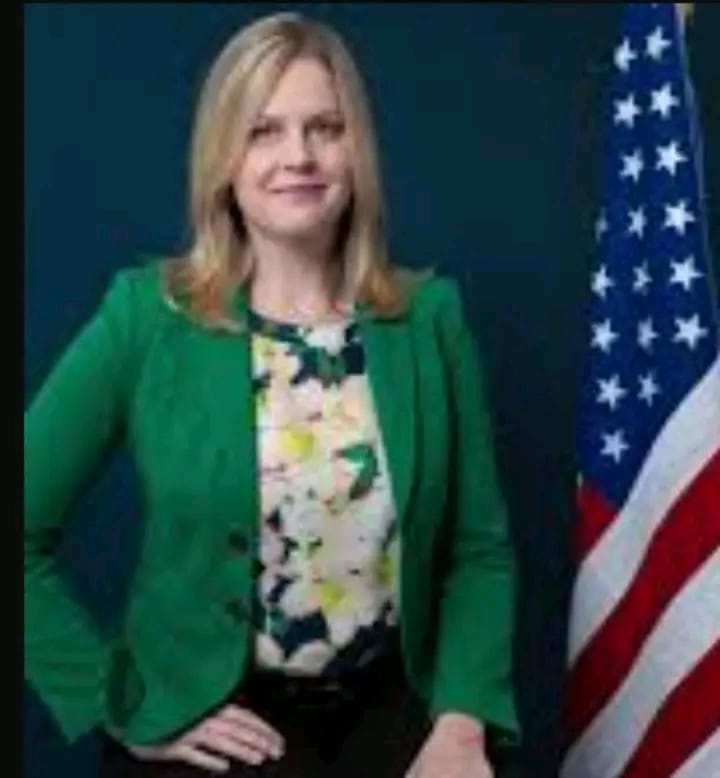By Gnnliberia
Copyright gnnliberia

By Amos Harris
A high-level delegation from the U.S. Government’s Millennium Challenge Corporation (MCC) has arrived in Liberia to assess the country’s readiness for a potential second MCC Compact. The visit, led by Carrie Monahan, MCC’s Managing Director for Africa, will help determine Liberia’s eligibility for new grant funding.
Other members of the delegation include senior experts Deidre Fair (Director of Finance and Trade), Steve Anderson and Peter Glick (Economists), Sophia Marcus (Economist), Sheena Cooper (Finance and Trade Specialist), and Arif Mamun (Deputy Vice President for the Economic Analysis Division).
The delegation’s visit comes ahead of MCC’s regular Board meeting in December 2025, where Liberia’s eligibility for a second Compact will be reviewed. During their time in the country, the MCC team will meet with various Liberian government institutions and stakeholders. These include the Ministry of Finance and Development Planning, Ministry of Foreign Affairs, National Investment Commission, Central Bank of Liberia, LISGIS, Ministry of Mines and Energy, and the Liberia Extractive Industries Transparency Initiative (LEITI).
Additional engagements will involve the Liberia Revenue Authority, Liberia Special Economic Zone Authority, Ministry of Commerce and Industry, the Liberia Chamber of Commerce, as well as several non-governmental and private sector actors.
These consultations are part of MCC’s Constraints Analysis, a diagnostic exercise designed to identify the main barriers to inclusive and sustainable economic growth in Liberia. This analysis will help determine priority sectors for potential U.S. investment.
Minister of Finance and Development Planning Augustine Kpehe Ngafuan welcomed the mission, emphasizing the importance of the partnership. “The MCC is embracing a win-win development model under the current U.S. administration,” he said. “They are seeking to support sectors that not only drive Liberia’s economic progress but also create opportunities for U.S. investment.”
Established by the U.S. Congress in 2004, the MCC provides large-scale grants to countries that demonstrate strong commitments to good governance, economic freedom, and investments in human development. Liberia previously benefited from an MCC Compact that supported infrastructure and energy sector reforms. If approved, a second Compact could help expand Liberia’s economy, create jobs, and revitalize key sectors critical to national development.